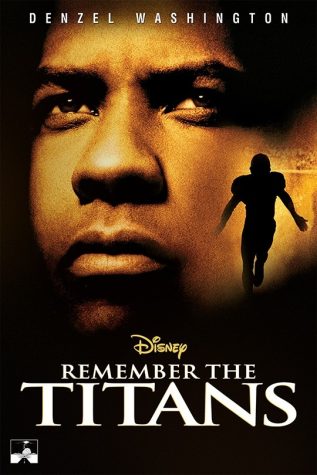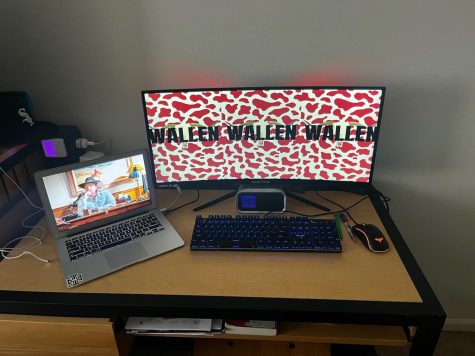Are Video Games Art?
Art is an expression of creativity, a testament to what humanity can create. Over the years, we’ve been creating new forms of art, like films, photography, and even new genres, such as jazz or rap in music. However, ever since I was able to place my fingers on a keyboard or hold a controller, I’ve been enamored with the art form known as video games.
I’ll just say it. Yes, video games are art. Why wouldn’t they be? If developers can put in vivid landscapes that complement their stories, actors can supply their voices for characters, and orchestras can provide the music for the game, then by all means, a game is art! Films are considered art because of the acting, music, and story, and considering that games tend to have cut scenes to advance the plot and provide exposition, shouldn’t they be art?
Let me throw up a game for analysis here. Resident Evil 4 is a survival-horror game created by CAPCOM in 2005. The player controls Leon, a government agent sent to rescue the president’s daughter from an evil cult in Spain. As the player progresses, the atmosphere changes from place to place, and the enemies and situations become much more difficult. Like a novel, everything leads up to an explosive climax, a battle between the American and the evil mastermind before escaping from an island set to blow. The game was well received by players and critics alike and won several Game of the Year awards.
So let’s think for a minute here. Could this game, with its characters, plot, and action, stand up as art? Absolutely, and it could stand up as a film or book too. But what makes it unique in comparison to, say, a book is that the player is in charge of the story. It is the player who decides what to do and where to go. “Do I fight my enemy with a knife like he wants, or do I fall back with a gun?” “Do I forgo exploration and focus on my mission, or do I look around for clues, files, and items?” Notice that I do not say, “Do I make the character do…” You are the character. The character’s struggles and triumphs are yours.
If you’d like, saying that a game is like a choose-your-own-adventure book is not a bad way of looking at it. The power of choice is a rare and powerful thing, and it’s not used as much in films or books. When watching a film with a likable character, you might say, “I like this character and I hope he does well.” When playing a game with a likable character, you might say, “I like this character. I’m going to help him reach his goal, but I’m going to do it my way.”
But hey, some people think that games aren’t art. Perhaps it’s the mindless appeal of blowing a baddie away that throws people off, or maybe it’s the fact that so many elements are combined to form something completely different, meaning it wouldn’t be art or the same. For the former, I would say that for all the violence and “mindless” amusement in video games, there are elements working in the background to bring things to fruition. It took research to make the weaponry behave properly, sound design to create interesting enemies, and digital painting to give life to an otherwise bland soldier or character. For the latter argument, a game has to be considered art if the elements that went into its creation were considered art in themselves.
Now before I sign off here, I want to encourage each and every single one of you who play video games to take a moment and appreciate what has gone into it. No, don’t sit and meditate on pixels or the Konami code, but the next time you play your favorite game, take a moment to listen to the soundtrack. Take a moment to search for the various emotions in your favorite character’s lines. Explore the world, and look down every alley or open every door to see what lies beyond. Like a painting, a game is meant to be looked at and appreciated for what it is, but like a book, a game is meant to be read through and enjoyed.









